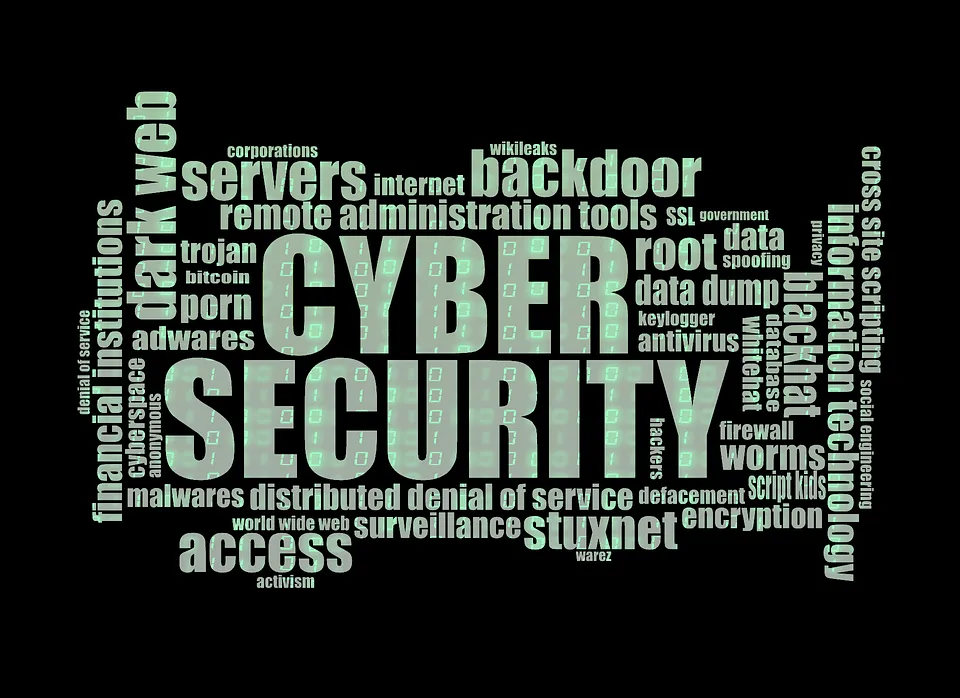
(cybersecurity image from Pixabay)
I have published an article about the benefits of using VPNs at @anonymouser/vpns-for-online-privacy. This article presents reasons about why a reputable VPN is more trustworthy than your ISP.
As most of us already know, both corporations and governments are so hungry for our data that our privacy online (and offline) is being increasingly violated. Your ISP (Internet Service Provider) already knows a lot about you when you registered to their service, and requires your perpetual consent to store your data indefinitely or risk disconnection. By "ISP", I am referring to any ISP that you use for connecting to the Internet, whether you are at home, work/school, on-the-go, or at a public WiFi hotspot. You may have one or more ISPs, and zero or more VPNs. If you already use a VPN, you still connect to an ISP, since you will not be able to access the Internet (and your VPN) without an ISP.
Here are the reasons why you should trust a reputable VPN more than your ISP:
- An ISP can store or sell its users' online activity. In some countries especially the United States, ISPs are allowed to store, distribute, and sell the data of their clients, especially their browsing behavior, to corporations, governments, and other entities such as cybercriminals. A reputable VPN provider cannot log (and share) user behavior without getting discovered sometime in the future.
- An ISP does not care if you access anywhere on the Internet using an insecure network. Connecting from compromised networks such as public WiFi hotspots can easily make the user a victim of cybercriminals. Using an app from a reputable VPN provider will help prevent such attacks, since encryption of network traffic from client to VPN server is enabled (by default), leaving very little room for cyberattacks.
- An ISP can modify or replace a website without your knowledge. They will sometimes claim that they do that (especially for non-HTTPS websites) because "the website has an error" or "the website needs to be optimized", that is if they are caught. They can also initiate a MITM (man-in-the-middle) attack, which will trigger a warning in the user's web browser, but most users (especially non-technical ones) would just ignore the warning. A reputable VPN provider will simply let through secure network traffic between you and the websites you are visiting without any intervention.
- An ISP can block or censor websites. The "net neutrality" is becoming weaker. An ISP can block some websites because of corporate partnerships or government pressure. A reputable VPN provider cannot form corporate partnerships or be pressured by governments (outside the 5 Eyes countries) without the public knowing.
While you do pay your ISP for providing you with Internet access, they profit much more from you because of the data you involuntarily provide to them. Using a reputable VPN is certainly not free, but the costs of a VPN is always worth it for your privacy, security, and protection.
If you want a VPN provider that is both free and trustworthy, try ProtonVPN. Just don't expect to be able to download torrents or browse the Internet at high speeds, unless you pay for premium.
I hope these are enough reasons for you to be encouraged to use a VPN as much as possible.